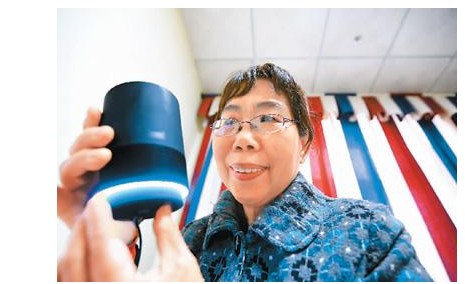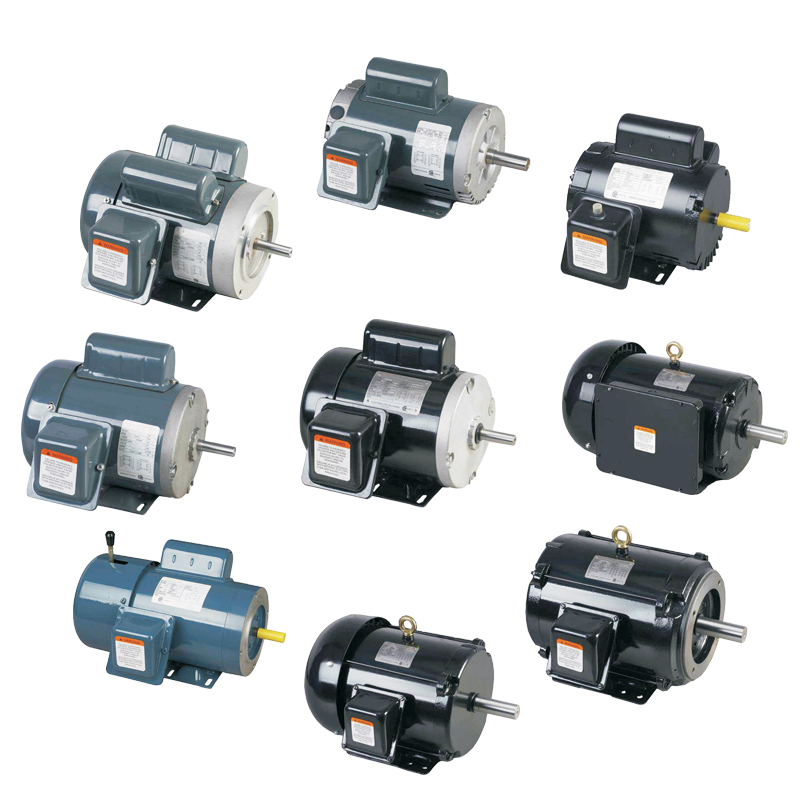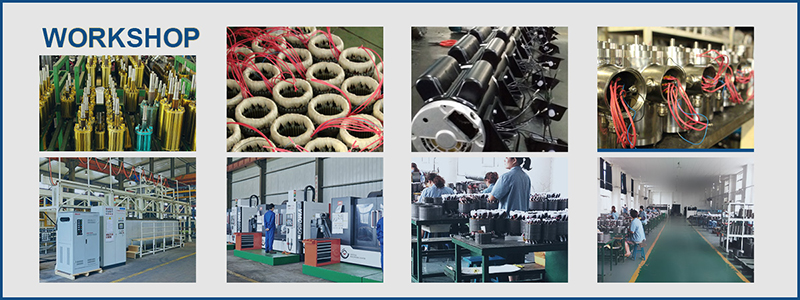Amazon, which was the first to enter the field of smart speakers, might not have thought that one of its attempts actually made this industry affect the world four years later. From the global shipment data of 9.2 million smart speakers in the first quarter of 2018, it can be seen that more and more smart speaker products are entering people's daily lives. Today, relying on the service capabilities of Internet technology, smart speakers have more than 100 skills covering audio-visual entertainment, news and information, shopping and delivery, home control, life assistants, and children's education.

Internet tycoons all over the world are following this trend. Even Apple, which has always been "highly cold", also launched a smart speaker with a built-in artificial intelligence voice assistant earlier this year. "We believe that customers will be shocked by its audio quality." Philip Schiller, Apple's senior vice president of global marketing, is confident of his own products.
Two companies, Amazon and Google, laid out the market earlier. Amazon's smart speakers launched in 2014 have sold tens of millions of units, leading the smart speaker market. Google’s smart speaker was launched at the annual developer conference in 2016 and has always been one of the company’s most popular products, occupying the second position in the smart speaker market.
In the Chinese market, the smart speaker industry is also leading the trend, and Internet companies are busy taking the lead: Baidu launches "Xiaodu", Tencent launches "Listening", JD.com launches "Dingdong", Xiaomi launches "Xiaoai classmates"... Market reaction Enthusiastically, on the first day of Tmall’s New Year’s Day on January 24, the smart speaker "Tmall Elf" sold nearly 30,000 units within one hour of the opening.
Overtaking
Behind the popularity of smart speakers is the rapid development of intelligent speech recognition and machine learning technologies. One of these two technologies allows speakers to "hear and speak", and the other to make speakers "understand". This time, Chinese companies did not fall behind.
IFLYTEK is a leading enterprise in the field of intelligent speech recognition in China. At the "2018 China International Big Data Industry Expo" held in Guiyang a few days ago, iFlytek exhibited a series of new products, including smart customer service, Xiaoman smart speakers, and Xiaoyi artificial intelligence assistant. According to the staff, this is a comprehensive application of technologies such as speech recognition, speech synthesis, and natural language understanding in the field of artificial intelligence. "Our latest Xunfei Translator 2.0 can support translation between Chinese and 33 languages. Dialects such as Cantonese and Sichuan can also be translated into foreign languages."
Voice recognition solves the problem of "what does the owner say", and machine learning solves the problem of "what does the owner say and how should I respond". By "eating in" a large amount of data, smart speakers gradually learn to associate user instructions with corresponding operations one by one. Say "play news" to open the news client, say "play music" to open the music player. Along with continuous interaction with users, smart speakers can continue to evolve and grow to achieve "a thousand people with a thousand faces", which can set and recommend content according to everyone's preferences.
Smart speakers can also become the "command center" of smart homes. Through voiceprint recognition technology, the smart speaker can "recognize" the owner and distinguish the voice of strangers. The owner only needs to give orders to the smart speaker, without reaching out or leaving the room, and can remotely control the doors and windows, electric lights, air conditioners or other places in the house. Water heater.
"China is ahead in this technological wave. More than 40% of deep learning papers are published by Chinese. We have good data, a huge sample group, a good team of engineers, and a world-class team. Fu Sheng, founder and CEO of Cheetah Mobile, said: “The future is an era when humans and robots coexist. There are opportunities for overtaking in corners in China.â€
Service life
At present, the user experience of most smart speaker products on the market has much room for improvement, and it is not "smart" enough in terms of voice interaction and semantic understanding. This is also the key point of many manufacturers at this stage. The Xiaomi "Xiao Ai" team uses an interactive learning algorithm. Its director, Dr. Gang Wang, said: "Xiao Ai was not so smart at the beginning. A lot of things are not understood, but communication with users will make it smarter and smarter. More user data will allow Xiao Ai to learn and understand problems that she did not understand before."
Smart speakers are just a form. In fact, voice interaction is the core breakthrough. "In fact, we have many ways to promote products, and smart speakers are just one of them. It is possible to combine voice interaction with other forms," ​​said the relevant person in charge of Ali Artificial Intelligence Lab.
No matter what the form, serving human life is the most fundamental purpose. "The continuous development of artificial intelligence technology will continue to reshape all walks of life and change our lives." Zhang Yizhao, vice president of Microsoft Asia Research Institute, summed up this "reshaping" into three aspects: promoting the industry to become intelligent Change, trigger business innovation, and make people’s lives better.
The story of Song Haomin, a master student at Nanjing University of Technology, confirms this point. Song Haomin lost his hearing when he was 1 year old and was diagnosed with lifelong severe hearing loss. At the Microsoft Artificial Intelligence Conference held last month, he experienced a voice service device. This device can convert Song Haomin’s hard work into text with extremely high accuracy, and can also be translated into English or other languages ​​simultaneously. Enable barrier-free communication. Voice interaction technology may change his next life. This is the gospel brought to mankind by technological change.
BIOTEPT NEMA TEFC (totally enclosed, fan-cooled) motors are equipped with an external fan to circulate outside air to the motor, NEMA TYPE48, 56 C-face frame



Nema Tefc Motor,Totally Enclosed Fan-Cooled,Tefc Motor,Totally Enclosed Fan Cooled
Ningbo Biote Mechanical Electrical Co.,Ltd , https://www.biotept.com